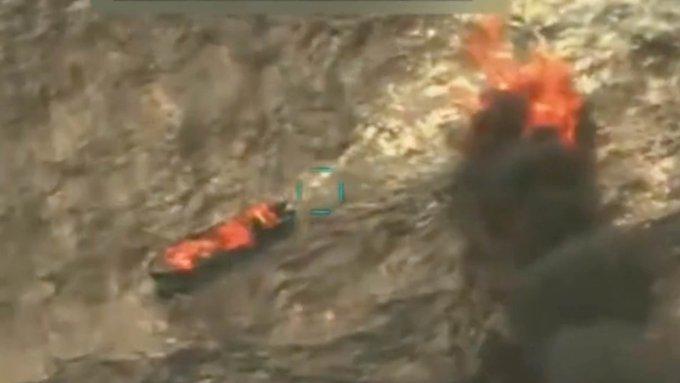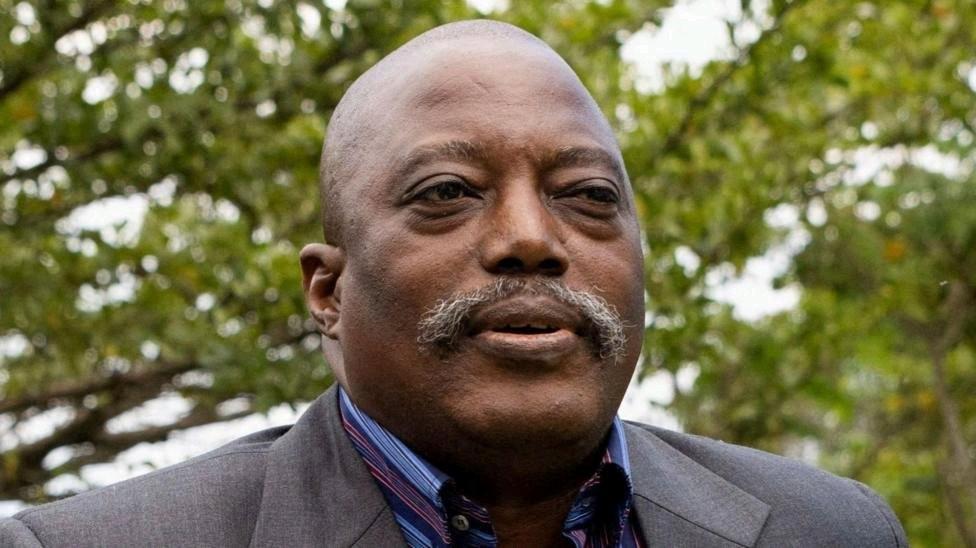Darfur Crisis: ICC Sentences Ali Kushayb (Abd-Al-Rahman) to 20 Years for War Crimes
The International Criminal Court has sentenced 76-year-old Sudanese militia commander Abd-Al-Rahman, also known as Ali Kushayb, to 20 years in prison for 27 counts of war crimes and crimes against humanity committed during the 2003–2004 Darfur conflict. Judges said he ordered and personally participated in mass killings, rape, torture, and attacks on civilians. Time served since his 2020 surrender will be deducted. The Darfur crisis killed an estimated 300,000 people and displaced 2.5 million.
The International Criminal Court has sentenced 76-year-old Sudanese militia commander Abd-Al-Rahman, also known as Ali Kushayb, to 20 years in prison for 27 counts of war crimes and crimes against humanity committed during the 2003–2004 Darfur conflict. Judges said he ordered and personally participated in mass killings, rape, torture, and attacks on civilians. Time served since his 2020 surrender will be deducted. The Darfur crisis killed an estimated 300,000 people and displaced 2.5 million.
Darfur Crisis: ICC Sentences Ali Kushayb (Abd-Al-Rahman) to 20 Years for War Crimes
The International Criminal Court has sentenced 76-year-old Sudanese militia commander Abd-Al-Rahman, also known as Ali Kushayb, to 20 years in prison for 27 counts of war crimes and crimes against humanity committed during the 2003–2004 Darfur conflict. Judges said he ordered and personally participated in mass killings, rape, torture, and attacks on civilians. Time served since his 2020 surrender will be deducted. The Darfur crisis killed an estimated 300,000 people and displaced 2.5 million.
0 Yorumlar
·0 hisse senetleri
·95 Views








